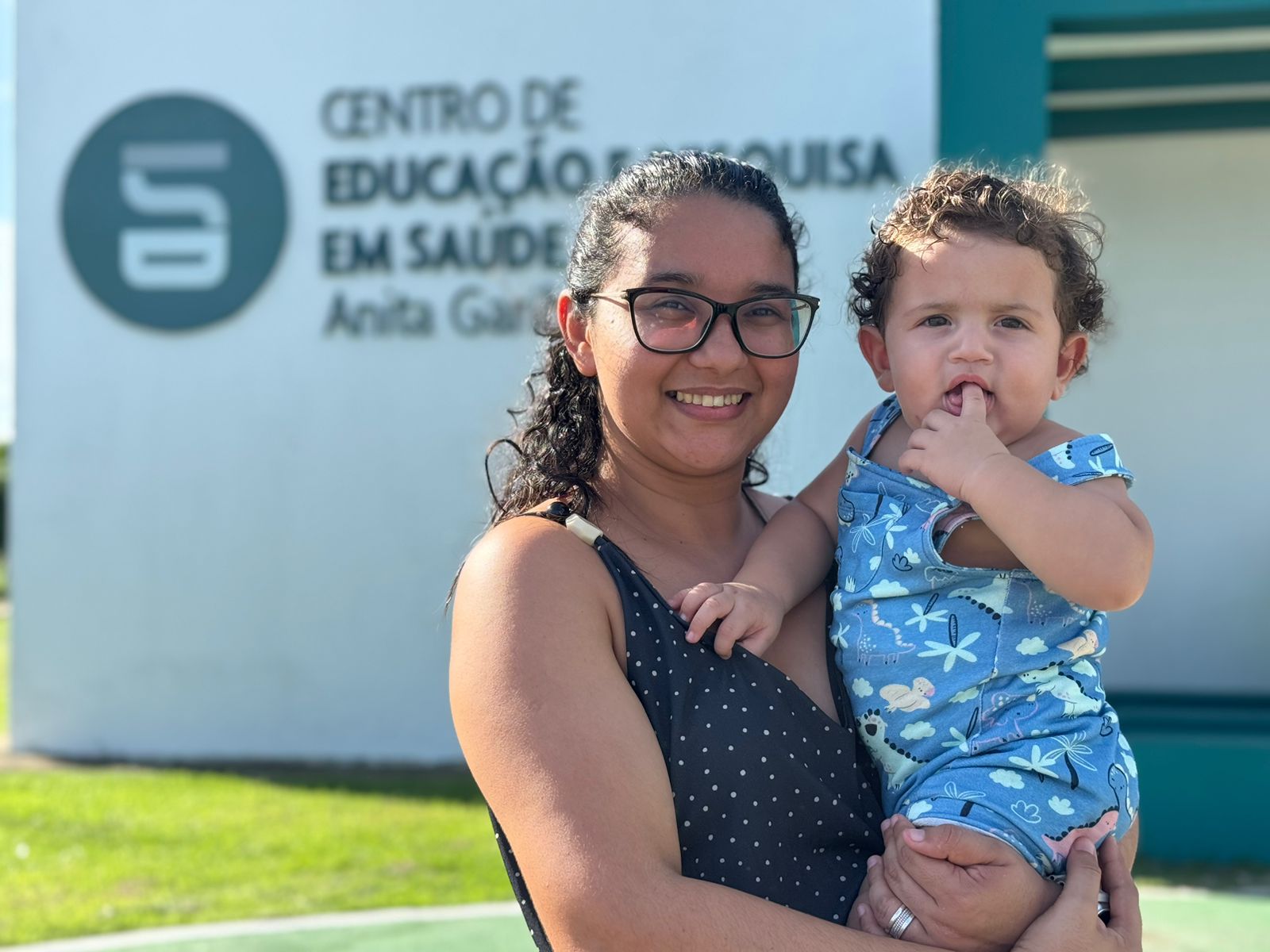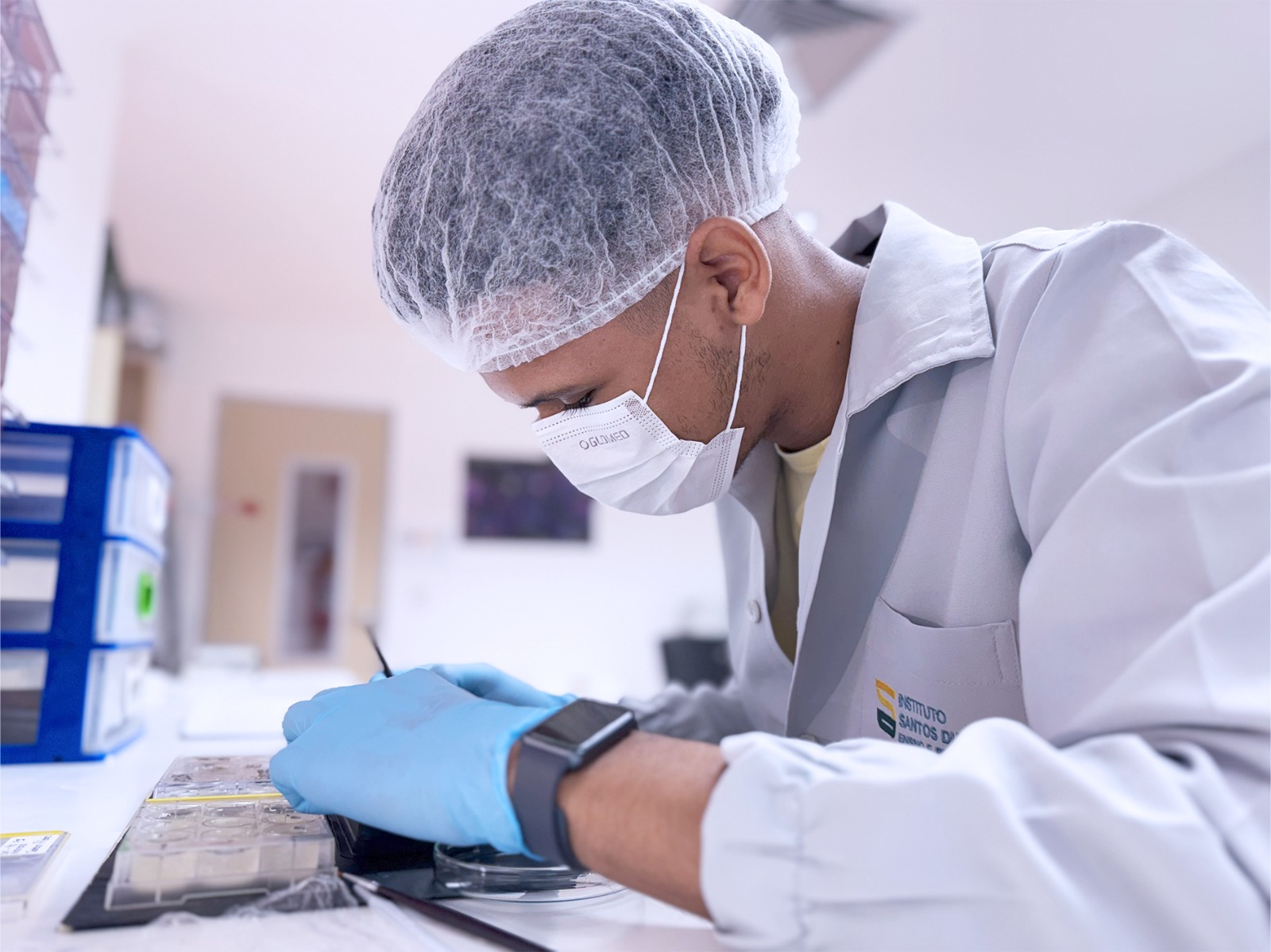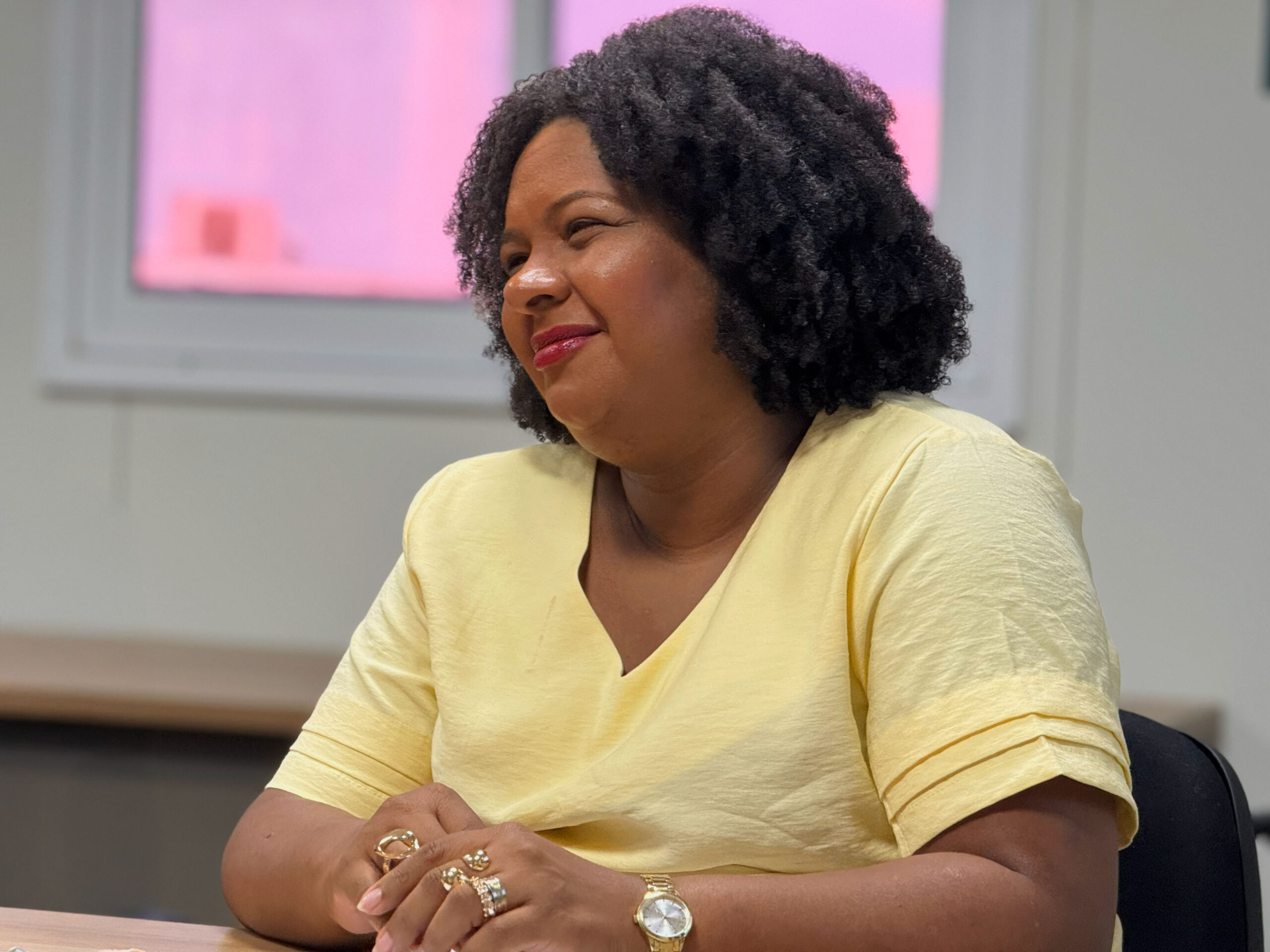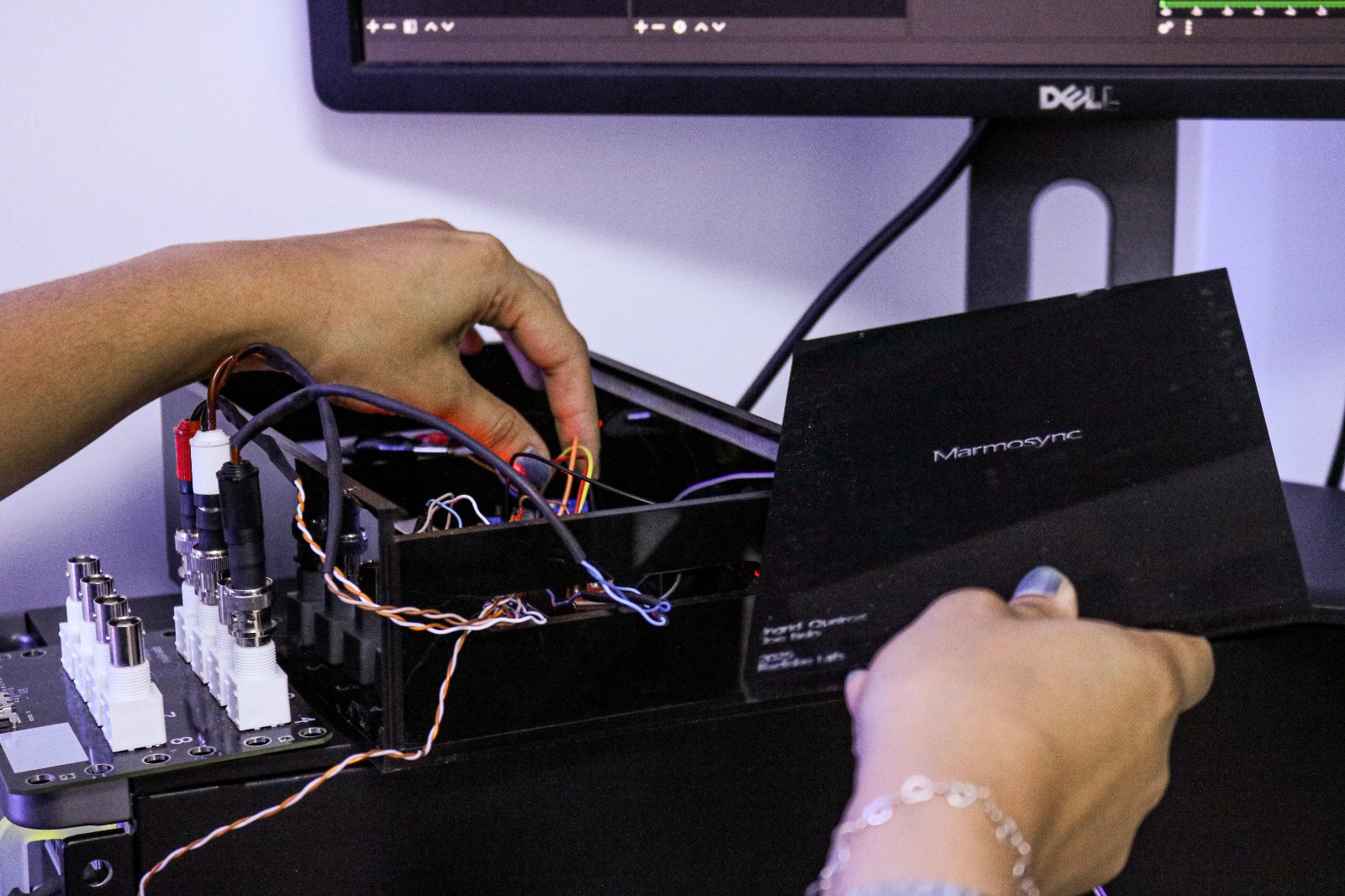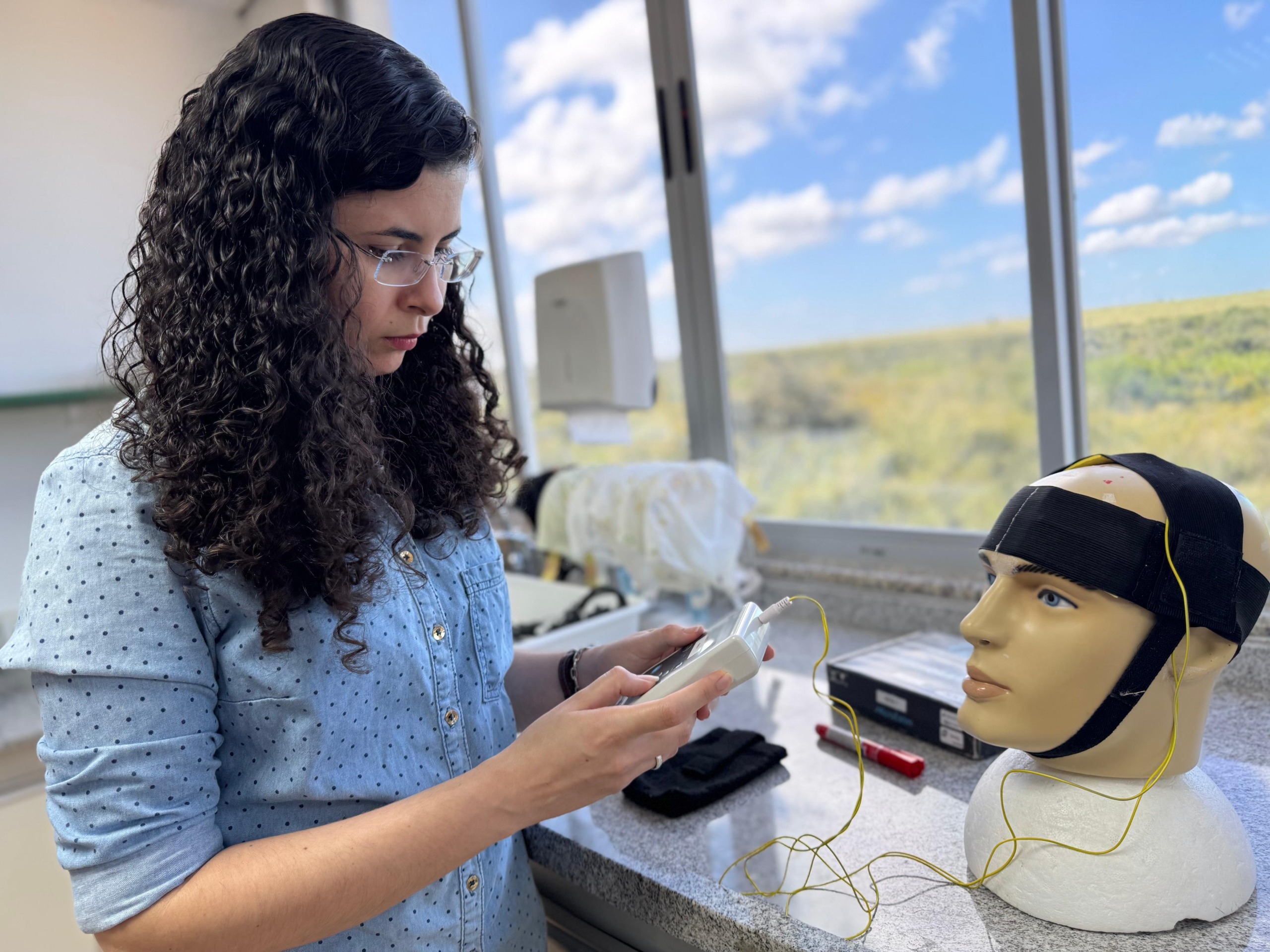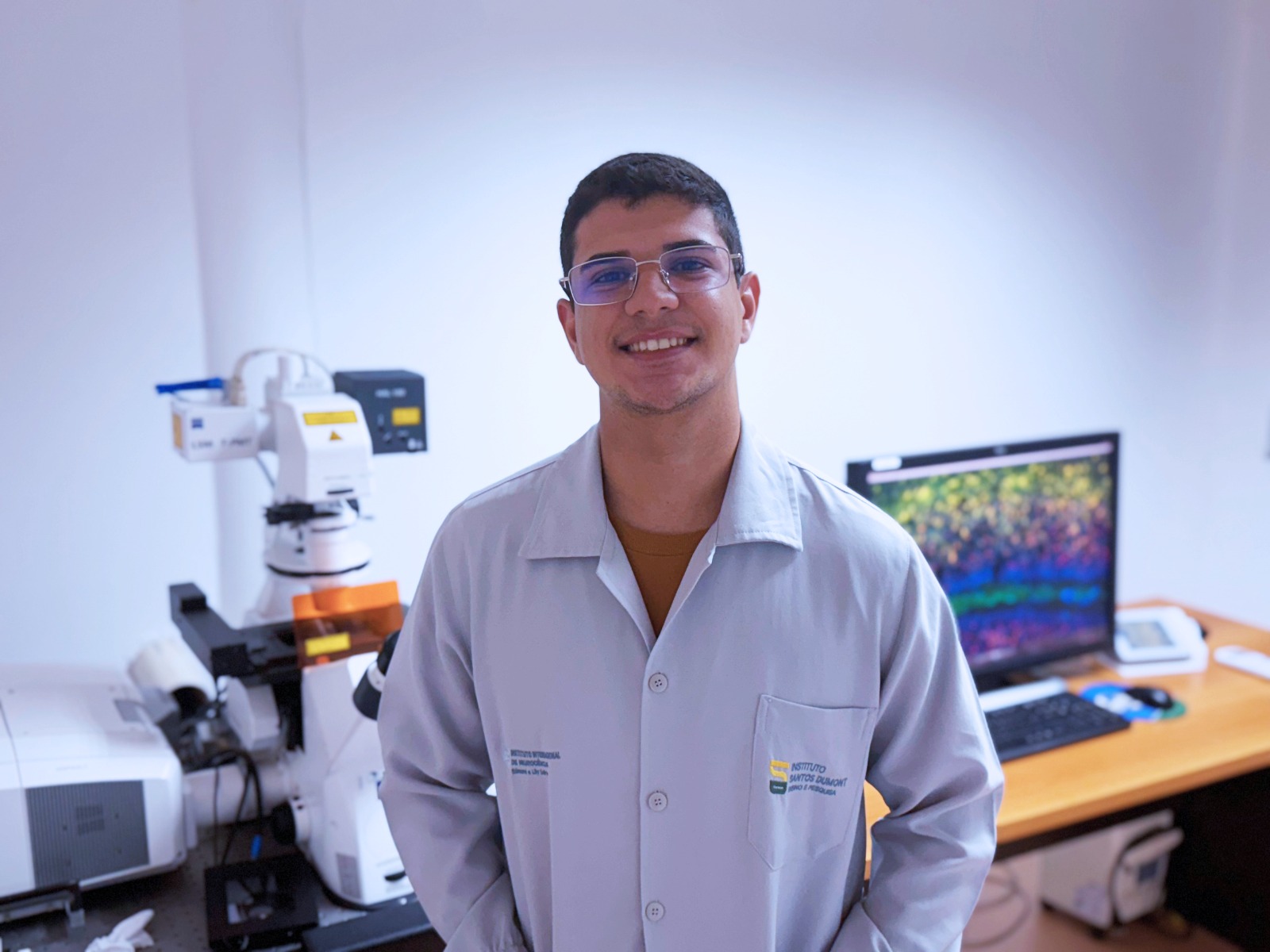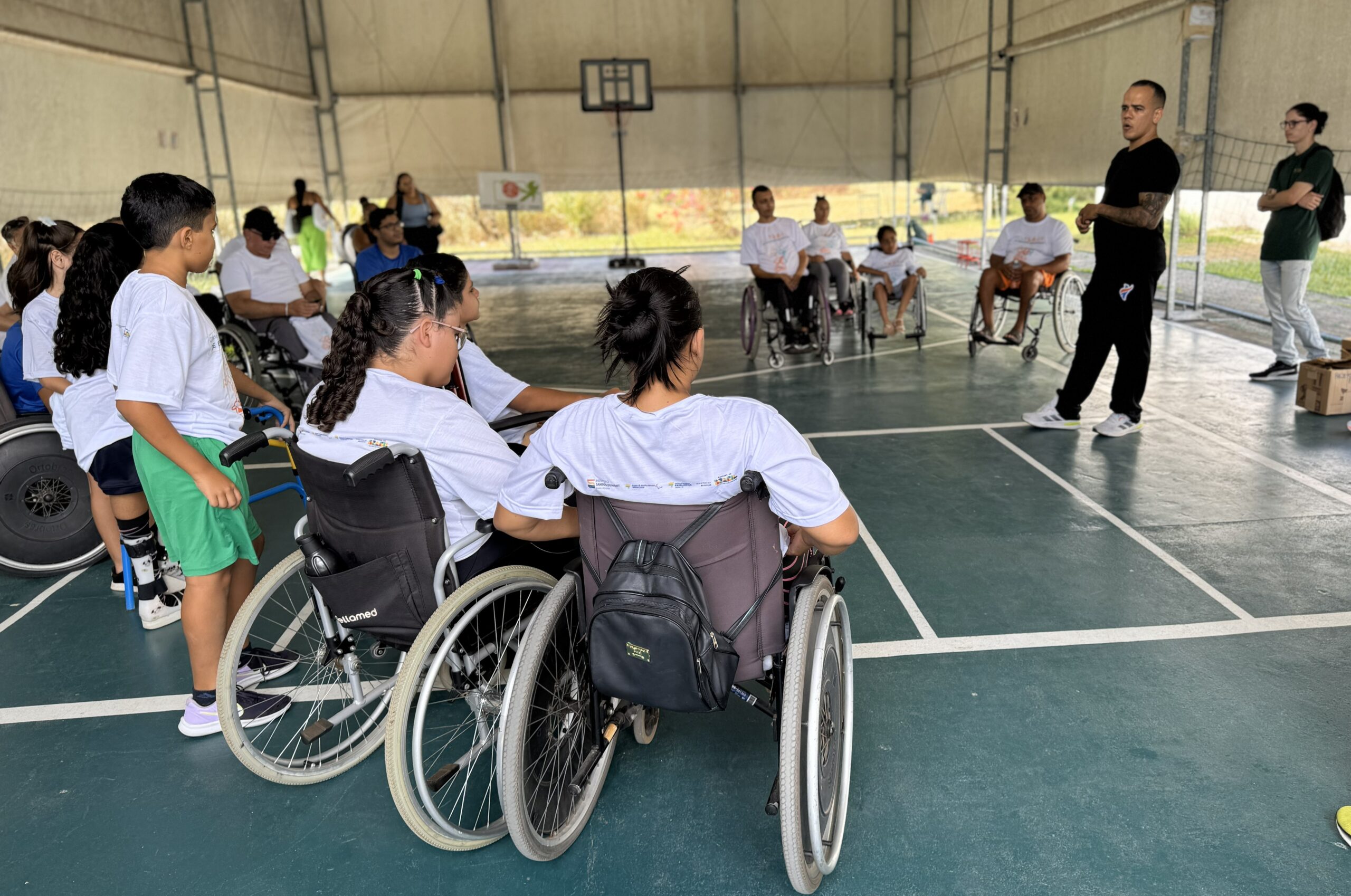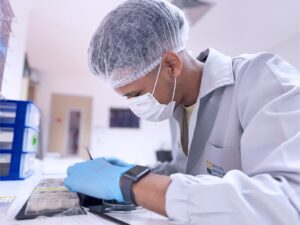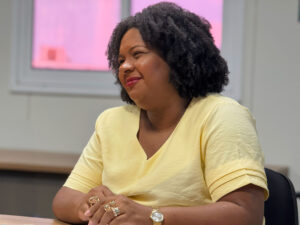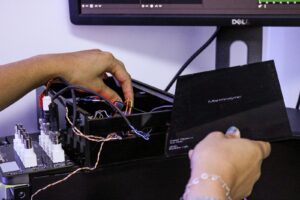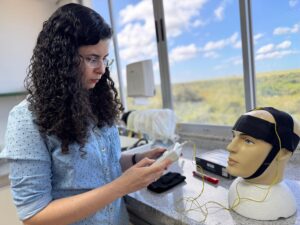The first time Isabel Nascimento heard about the autism It was in a turbulent context for her and her family. In 2018, Isabel, mother of two, was dealing with the hospital admission and subsequent death of her own father. With this loss in the family, his son Guilherme, aged three at the time, began to experience constant emotional crises. The child spent four days without sleeping or eating, with crying spells, sometimes even harming himself.
Isabel and her husband sought assistance and care from several doctors, but without reaching a concrete diagnosis. It was the child's father who researched and presented to Isabel, for the first time, the possibility of her son fitting into the Autism Spectrum Disorder (TEA). Months later, Isabel and her husband discovered the Santos Dumont Institute (ISD), through the Anita Garibaldi Health Education and Research Center (Anita), one of the Institute's units.
From the assistance and specialized care, Isabel realized that she would not be alone in the difficult journey faced by many mothers of people with disabilities, also called atypical mothers. According to data from the National Survey of Caregivers of Rare Patients in Brazil, collected by Agência Brasil, mothers represent 81% for caregivers of people with rare diseases. Of this percentage, 78% monitor the patient 24 hours a day and 46% they had to quit their jobs to take care of the patient.

At ISD, the child maternal health and the provision of services family-centered care These are two important pillars for welcoming these women, responsible for, in addition to aspects of motherhood, being educators, home managers and participants in the rehabilitation process. For Camila Simão, coordinator of the ISD Specialized Rehabilitation Center (CER ISD), family-centered care broadens the perspective to offer new support possibilities to mothers.
“Often we can identify other support networks within the family besides the mother so that this care can be shared. So it is a construction in which we bring the family to the center of care, so that they can be part of this management, to identify who can help and see other bridges of support, removing this burden that often falls on the mother”, explains Camila Simon.
Accompanied to this day in the TEA care line, Guilherme, currently 9 years old, has achieved several participation and socialization objectives. He is one of the children who are part of the child's care line. parasport and, recently, participated in the IncluIR Race, promoted by ISD in reference to autism awareness day.

For Isabel, therapies have contributed immensely to Guilherme's development. The mother highlights that one of the factors that helps to overcome barriers is welcoming not only the children at the Institute, but the entire family, through support actions. Health education and family-centered care.
“We have to reinvent ourselves every day to overcome the challenges that lie ahead. My son is a box of surprises, a unique person. Understanding autistic people is the key to loving and helping”, reinforces Isabel. For her, one phrase defines what it means to be an atypical mother: “Never give up, always move forward.”
Sonnis Soares and Isabel Maria, two other mothers accompanied by ISD, also understood firsthand the transformative potential of a strengthened support network and shared care, which takes into account the role of the family and the expansion of rehabilitation beyond healthcare spaces.
For Sonnis, joining ISD came through the Neurinho association, a group that brings together parents and guardians of children and adolescents with myelomeningocele, cerebral palsy and neurogenic bladder. The daughter, Gabriella, was born with myelomeningocele and at the age of 6 she started receiving care at the Institute.
“Being a mother of an atypical child is a journey of self-knowledge based on faith, in which you discover your inner strength and the ability to deal with challenges you never imagined facing. Being a mother is a divine gift. It is feeling an unconditional and limitless love, which teaches us to love, forgive, understand, have tolerance and not ask for or desire anything in return”, says Sonnis.
Isabel Maria began to be accompanied at ISD during the prenatal, initially without suspicion of changes during pregnancy. During the treatment, she discovered that her daughter, Nicolly, would be born with myelomeningocele. From then on, treatment began during pregnancy, with the daughter being monitored by the Institute to this day.
“Being an atypical mother means being a mother who worries, who cares and protects, who, above all, gives all her love to the child”, says Isabel.
The month of May, in addition to being marked by the celebration of Mother's Day, marks the campaign May iridescent, which aims to raise awareness and mobilize society to discuss maternal mental health. The campaign, which has the theme “Care about your mother, take up this cause”, brings to light the challenges present in motherhood and the collective responsibility for more attention, support and acceptance for this group.

Maternal and child health: Educate and welcome
In addition to atypical mothers and family-centered care, ISD also promotes the pillar of health education. An example of this is the group Mothering, aimed at high-risk prenatal pregnant women, developed by ISD multi-professional preceptors. According to the ISD nurse preceptor, Monise Pontes, the objective is to discuss issues related to the end of pregnancy, care during childbirth, the postpartum period and the child.
“The aim is to discuss these topics with them and make it easier for them to go through these processes, so that they have access to this information and get to know the professionals who will care for the children. So we brought together obstetrics, pediatrics, nutrition, psychology and social services, including a clinical part along with relevant social and emotional aspects”, explains Monise Pontes.
Resident of Macaíba, Lilha Cristina is one of the mothers participating in the Maternar group. She was welcomed into ISD's maternal and child health care line for the first time in 2018, in her first pregnancy and, today, she is also monitored in her second pregnancy.
“For me, being a mother is a rollercoaster of feelings. It’s a love so great that we cancel ourselves out in the face of such a beautiful feeling”, defines Lilha.

Vanessa Laise was also accompanied by ISD during her first pregnancy. In her case, due to gestational diabetes and high blood pressure, the pregnancy, which was regular, became high risk. According to her and her husband, Franciélio, the reception and specialized care They were fundamental factors for everything to go well with the pregnancy. Vanessa and Felipe, aged 8 months, continue to be monitored in the Institute's maternal and child care line.
“Being a mother is a unique thing, it completely changes our lives. We remember how our mothers tried so hard and now we went through everything with our son. For me, it is a love like no other, inexplicable”, defines Vanessa.
About ISD
The Santos Dumont Institute (ISD) is a Social Organization linked to the Ministry of Education (MEC) and includes the Edmond and Lily Safra International Neuroscience Institute and the Anita Garibaldi Center for Health Education and Research, both in Macaíba. ISD's mission is to promote education for life, forming citizens through integrated teaching, research and extension actions, in addition to contributing to a fairer and more humane transformation of Brazilian social reality.



